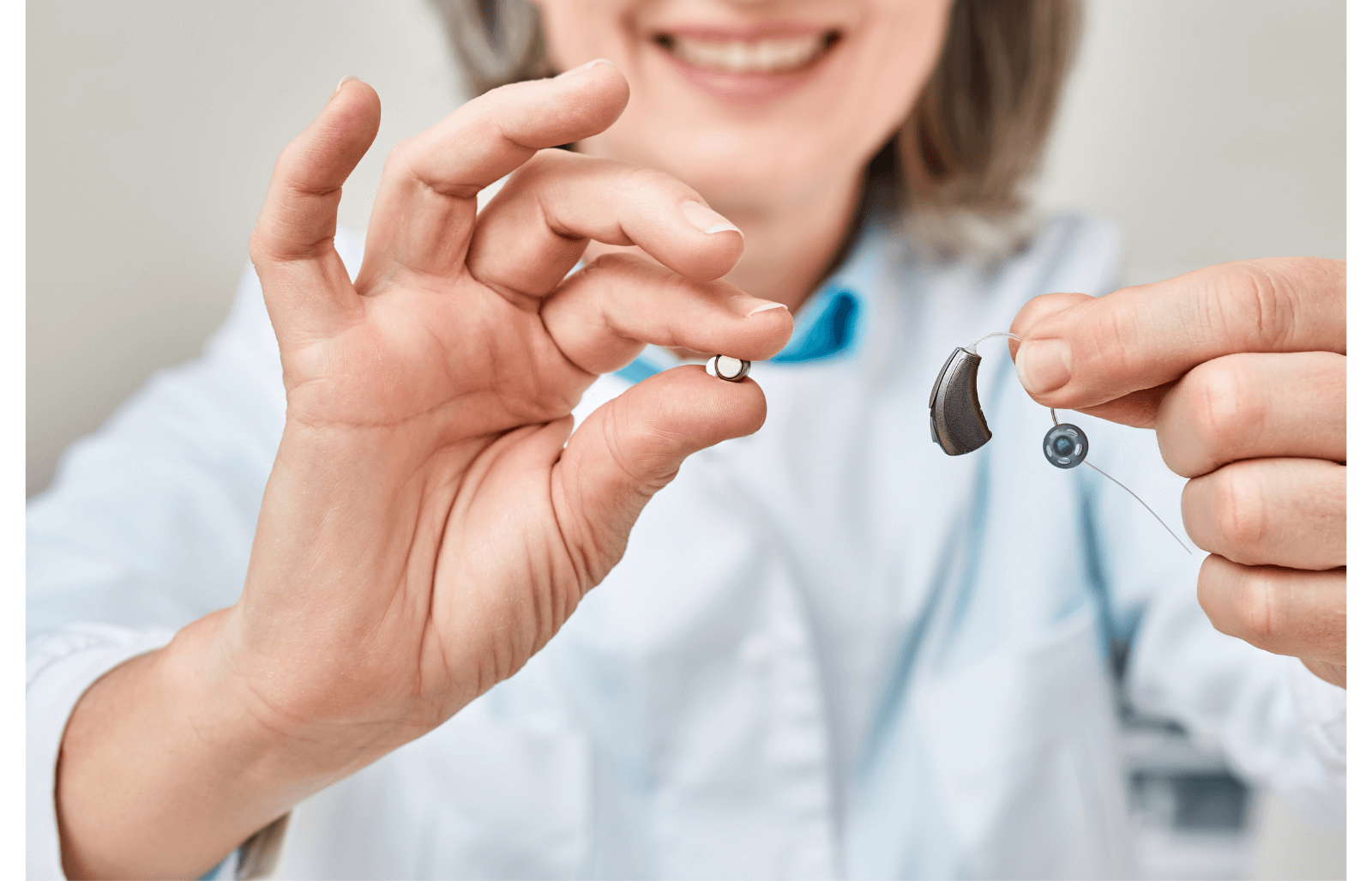How to Prevent Common Hearing Aid Repairs

Ensuring the longevity and effectiveness of your hearing aids involves more than just regular maintenance; it requires proactive measures to prevent common issues from arising. By following these simple yet effective tips, you can minimize the need for repairs and enjoy uninterrupted hearing assistance for years to come.
1. Keep Them Clean and Dry
Maintaining cleanliness is paramount for the proper functioning of your hearing aids. Clean your devices daily using a soft, dry cloth to remove earwax, debris, and moisture. Avoid using water, solvents, or cleaning agents, as they can damage delicate components. Invest in a hearing aid dehumidifier or drying kit to remove excess moisture and prolong the lifespan of your devices. Proper storage in a protective case when not in use can also prevent damage from dust, dirt, and humidity.
2. Handle Them with Care
Handle your hearing aids with care to avoid accidental damage. Always use clean, dry hands when inserting or removing your devices, and be gentle when handling delicate components such as batteries, switches, and volume controls. Avoid dropping or exposing your hearing aids to extreme temperatures, direct sunlight, or harsh chemicals, as these can cause irreparable damage. When participating in activities such as sports or gardening, consider using protective headgear or removing your hearing aids to prevent damage from impact or exposure to sweat and debris.
3. Protect Them from Moisture and Humidity
Moisture and humidity are common culprits behind many hearing aid repairs. Protect your devices from moisture by removing them before swimming, showering, or engaging in water-related activities. Consider investing in waterproof or water-resistant hearing aids if you anticipate frequent exposure to moisture. Use a hearing aid sweatband or moisture guard during exercise or outdoor activities to prevent sweat from reaching the internal components. When not in use, store your hearing aids in a dry, ventilated area, and avoid leaving them in humid environments such as bathrooms or kitchens.
4. Replace Batteries Regularly
Regularly replacing the batteries in your hearing aids is essential for optimal performance and preventing damage from battery leakage. Check the battery level regularly using a battery tester or the indicator on your devices, and replace them as soon as they show signs of depletion. Avoid mixing old and new batteries or using expired batteries, as this can affect the overall performance and lifespan of your hearing aids. Dispose of used batteries properly and store replacements in a cool, dry place away from direct sunlight or moisture.
5. Schedule Routine Maintenance Checks
Routine maintenance checks by a qualified provider or hearing healthcare professional are vital for identifying and addressing potential issues before they escalate into costly repairs. Schedule regular appointments for cleaning, adjustments, and performance evaluations to ensure that your hearing aids are functioning optimally. During these visits, your provider can also provide valuable advice on proper care and usage, as well as recommend any necessary repairs or upgrades to prolong the lifespan of your devices.
6. Invest in Protective Accessories
Investing in protective accessories such as cases, clips, and covers can provide an extra layer of protection for your hearing aids and prevent damage from everyday wear and tear. Consider using a hearing aid retention cord or clip to secure your devices during activities or while wearing hats or glasses. Use a protective case or pouch when traveling or storing your hearing aids to shield them from damage during transit. These simple accessories can help extend the lifespan of your hearing aids and minimize the need for repairs.
By following these proactive measures, you can significantly reduce the likelihood of common hearing aid repairs and enjoy uninterrupted hearing assistance for years to come. Remember that prevention is key to maintaining optimal hearing health and preserving the effectiveness of your devices.
